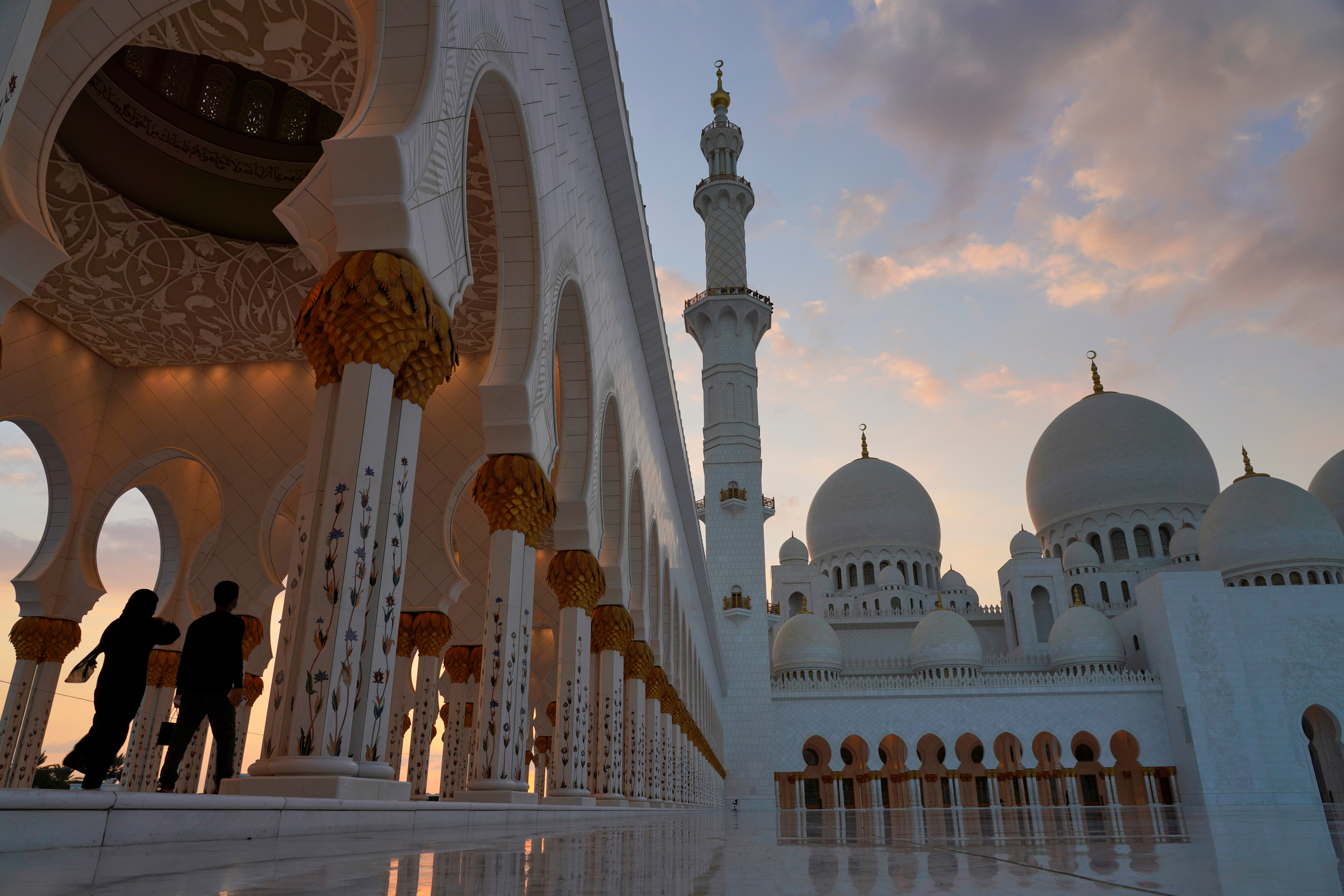Abu Dhabi issues law on divorce, inheritance for non-Muslims
The capital of the United Arab Emirates has issued new rules governing divorce, inheritance and child custody for non-Muslims in Abu Dhabi

Your support helps us to tell the story
From reproductive rights to climate change to Big Tech, The Independent is on the ground when the story is developing. Whether it's investigating the financials of Elon Musk's pro-Trump PAC or producing our latest documentary, 'The A Word', which shines a light on the American women fighting for reproductive rights, we know how important it is to parse out the facts from the messaging.
At such a critical moment in US history, we need reporters on the ground. Your donation allows us to keep sending journalists to speak to both sides of the story.
The Independent is trusted by Americans across the entire political spectrum. And unlike many other quality news outlets, we choose not to lock Americans out of our reporting and analysis with paywalls. We believe quality journalism should be available to everyone, paid for by those who can afford it.
Your support makes all the difference.The capital of the United Arab Emirates has issued new rules governing divorce, inheritance and child custody for non-Muslims in Abu Dhabi the country's state-run news agency reported.
The report Sunday by the WAM news agency said Abu Dhabi would create a new court to handle these cases, which will be held in both Arabic and English to be better understood by the emirate's vast foreign worker population.
Change in child custody will allow parents to share joint custody of their children, WAM reported. The law also introduces the idea of civil marriage, allows wills to be drawn up granting inheritance to whomever a person chooses and deals with paternity issues.
Abu Dhabi is one of seven sheikhdoms that make up the UAE and the new law affects only this sheikhdom. While the oil-rich emirate is the capital of the nation, Abu Dhabi's population is dwarfed by that of neighboring Dubai
The new law comes after authorities last year said they would overhaul of the country’s Islamic personal laws, allowing unmarried couples to cohabitate, loosening alcohol restrictions and criminalizing so-called “honor killings.” Abu Dhabi also ended its alcohol license system in September 2020. The UAE as a whole in September of this year announced yet another plan to stimulate its economy and liberalize stringent residency rules for foreigners.
Traditional Islamic values remain strong in the federation. The roughly 1 million Emiratis in the UAE, a hereditarily ruled country long criticized for its suppression of dissent, closely toe the government line. Political parties and labor unions remain illegal.